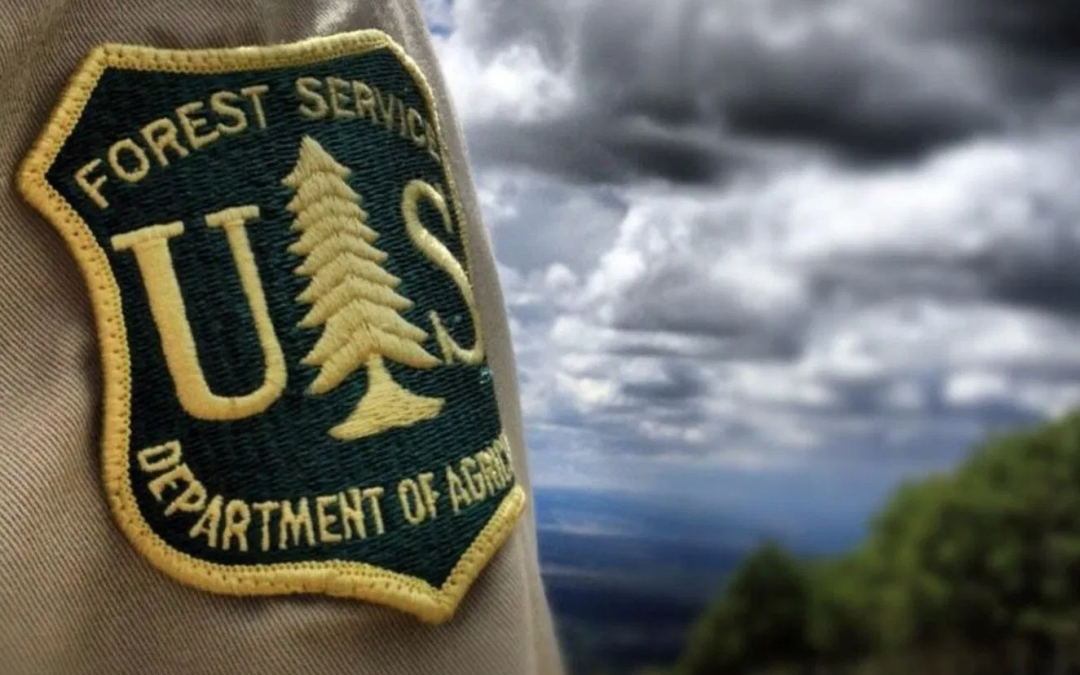WASHINGTON – As the U.S. Department of Agriculture moves to eliminate a measure prohibiting road construction in select remote areas, some experts warn of environmental consequences.
The long-contested 2001 Roadless Rule established prohibitions on road construction and timber harvesting in almost 60 million acres of inventoried roadless areas in the National Forest System, with some exceptions. Now, the USDA has encountered uproar as they begin to repeal the rule.
“The backcountry wild areas protected by the Roadless Rule are universally enjoyed and integral to what makes this nation special,” environmental advocates said in a joint statement from The Wilderness Society, Earthjustice, Natural Resources Defense Council, and Alaska Wilderness League. “As Americans, we have the right to explore these wild places — and we will not stand for auctioning them off to the highest bidder.”
These organizations say that the Roadless Rule is essential for protecting cherished public land.
Opponents of the rule have said that restricting access to natural resources like timber, minerals and energy hinders economic development. Some have also said that local land managers should have more flexibility than a national rule allows.
In a statement, a USDA spokesperson offered another reason for repealing the rule, saying it “is more important than ever” to aid wildfire mitigation.
“Roads improve access for wildland firefighting when timing is critical, and lives are at risk,” the spokesperson said. “As the Secretary stated, the lack of maintenance and access have frustrated land managers for years, including firefighters who haven’t been able to reach fires in time to slow their spread.”
Some counter this idea, claiming that wildfires are more likely to occur near roads.
Secretary of Agriculture Brooke Rollins announced in June that the U.S. Department of Agriculture would rescind the rule. In late August, the USDA opened a public comment period, formally beginning the process to repeal it.
The document received over 600,000 comments before the Sept. 19 deadline. According to environmental non-profit Earthjustice, at least half a million of those respondents opposed the rollback.
Still, some lawmakers in affected states have lauded the decision to repeal the rule.
“The Roadless Rule has never fit Alaska, so I welcome this effort to rescind it,” Sen. Lisa Murkowski (R-Alaska) said in a June statement. “Repeal will not lead to environmental harm, but it will help open needed opportunities for renewable energy, forestry, mining, tourism, and more in areas that are almost completely under federal control.”
Sen. Mike Lee (R-Utah) agrees. In a statement issued in July, he described the rule as an “environmental disaster.”
There are several more steps that the USDA must take to formalize the measure. The Forest Service plans to publish a draft environmental impact statement around March 2026 and says it will accept more public comments around that time.
The decision aligns with a series of Trump administration executive orders that have focused on deregulation and the removal of perceived barriers to resource extraction.
Through these executive orders and other remarks, the Trump administration has rebuked climate-friendly policy. While addressing the United Nations General Assembly on Tuesday, President Donald Trump lamented the “global warming hoax” that he said has captivated the globe.
“It’s the greatest con job ever perpetrated on the world,” Trump said.
Yet, the USDA spokesperson cautioned that this move “would not automatically authorize commercial harvest, road construction or any other on-the-ground activity,” as decisions relating to land management would be subject to national forest or grassland management plans.
However, there have already been moves to increase drilling in protected areas outside of the Roadless Rule’s purview. In early September, the House voted in support of a mining road through the Alaskan wilderness. The measure is expected to clear the Senate soon.
And, Trump himself continues to demonstrate interest in mining and extractive operations.
“We have an expression,” Trump said Tuesday at the UN. “Drill, baby, drill. And that’s what we’re doing.”

